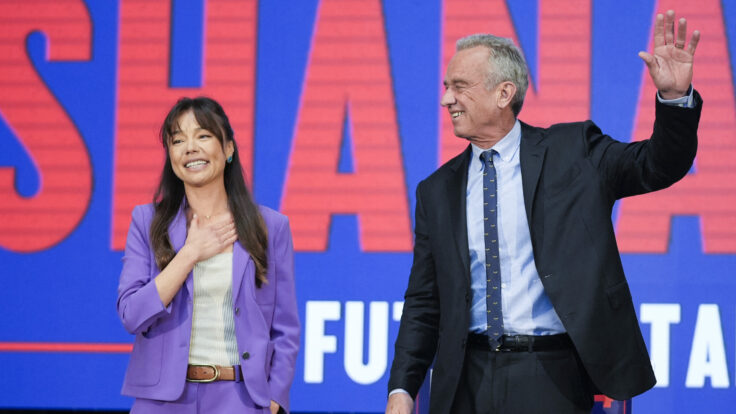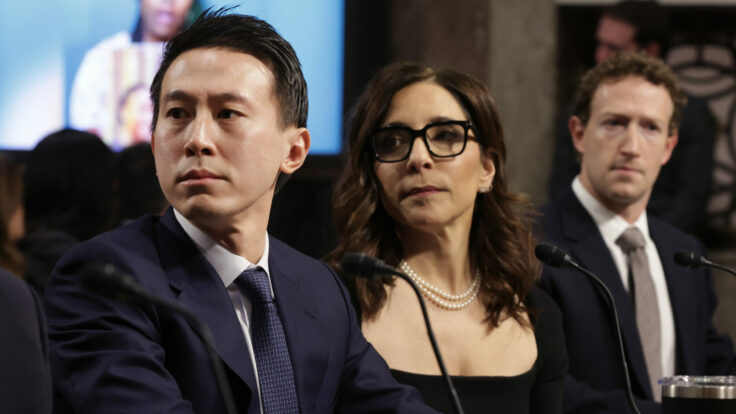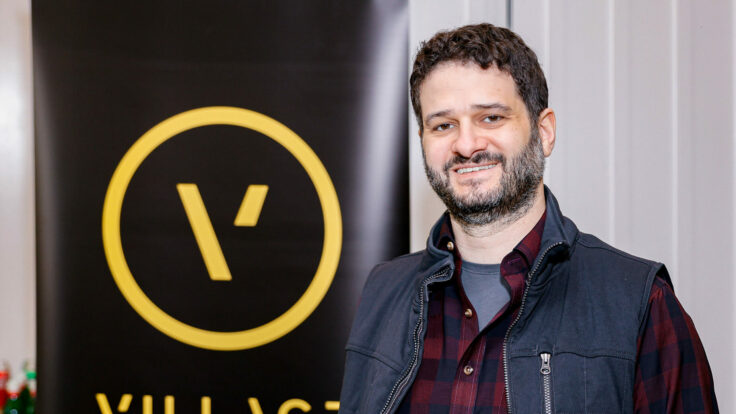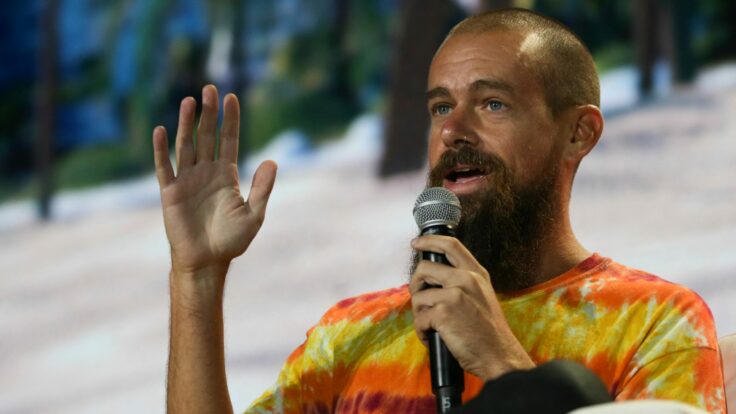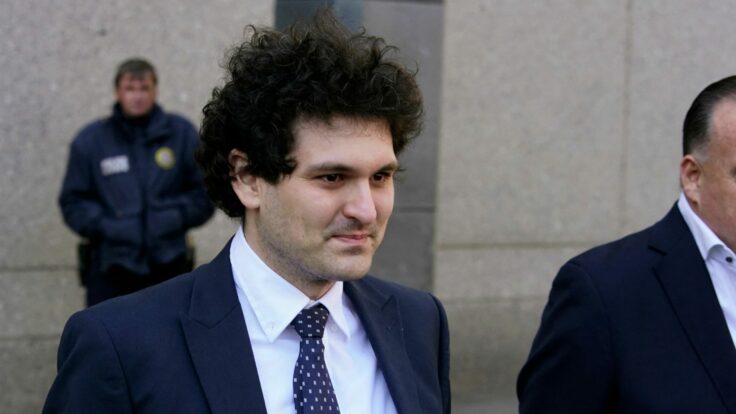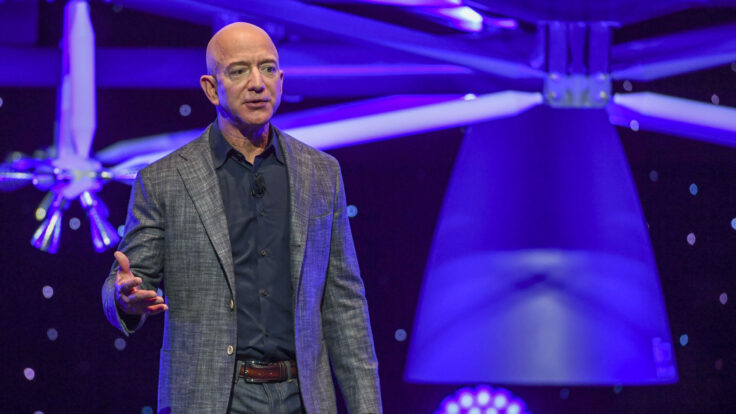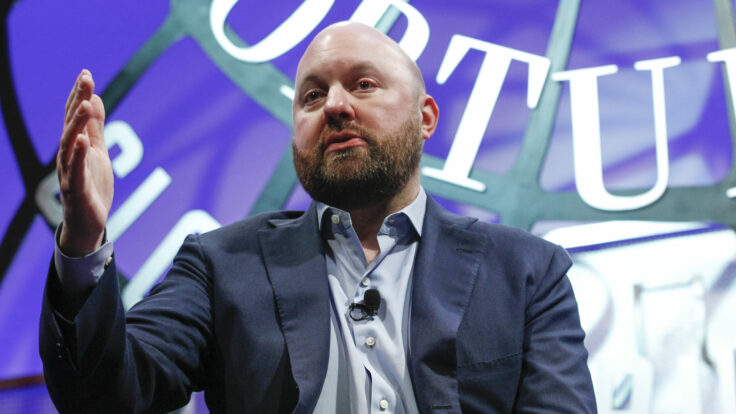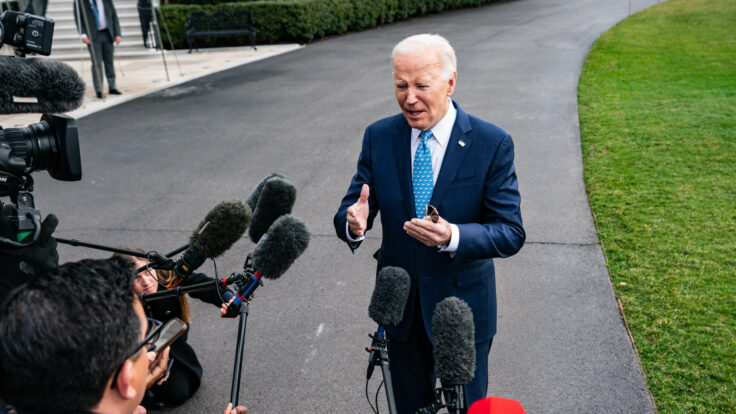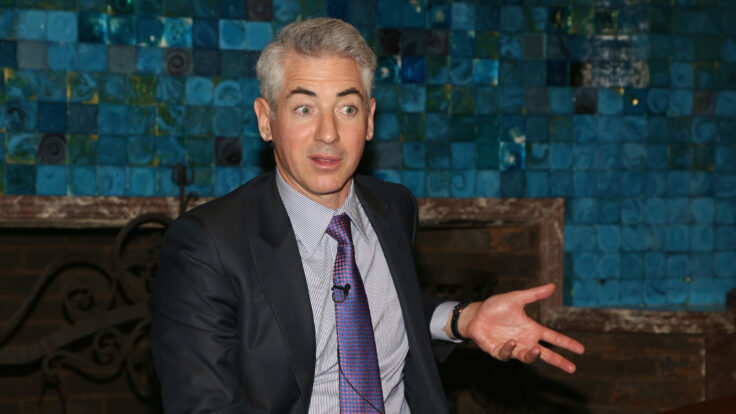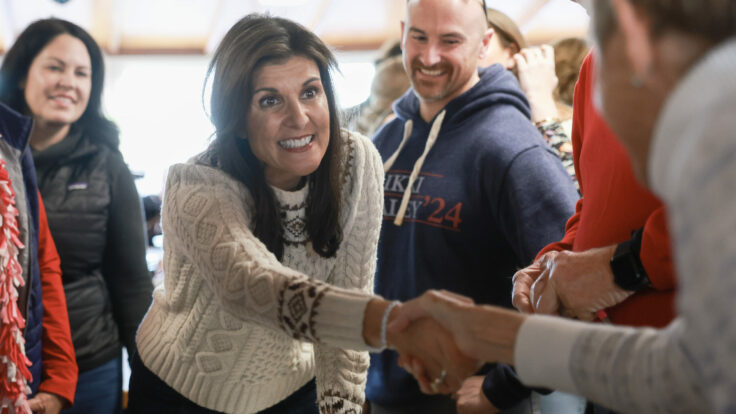The media spotlight on Liz Cheney has eclipsed another portentous Wyoming political drama: Elon Musk parachuting into the Tetons to speak at a fundraiser for G.O.P. leader Kevin McCarthy. Musk’s surprise trip raises several questions: What does he plan to do with his newfound political capital? Has his ongoing Twitter debacle changed his perception among the Republican base? And what does any of this have to do with Ron DeSantis? Donor whisperer Teddy Schleifer and MAGAworld expert Tina Nguyen exchange notes.
Teddy Schleifer: I’m watching the political winds in Wyoming today like you are, Tina, but for something a little different: While Liz Cheney is expected to lose her congressional primary today, Elon Musk is also flying in to speak at an annual big-dollar fundraising retreat for Kevin McCarthy in the Tetons. His appearance there is interesting to me for a couple of reasons. Elon, after all, has been suggesting for months that he plans to get more involved in campaigns, supporting moderate Republican candidates in the midterm elections this year and possibly future cycles as well. But I have trouble believing that his trial balloon proposal for a “Super Moderate Super PAC” to support “candidates with centrist views from all parties” is anything more than the usual Elon antics. His politics have been all over the place the past several years, from supporting Barack Obama, with whom he’s dined at Spruce, to encouraging Ron DeSantis to run for president in ‘24.







